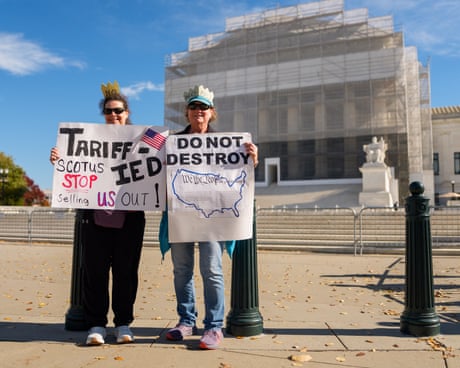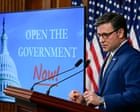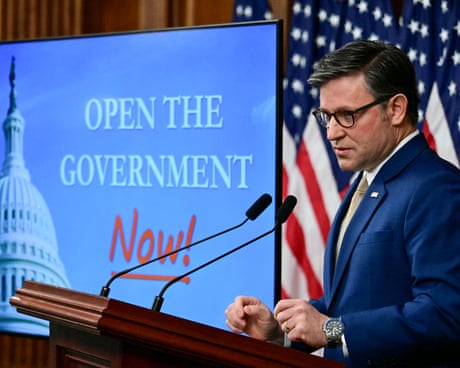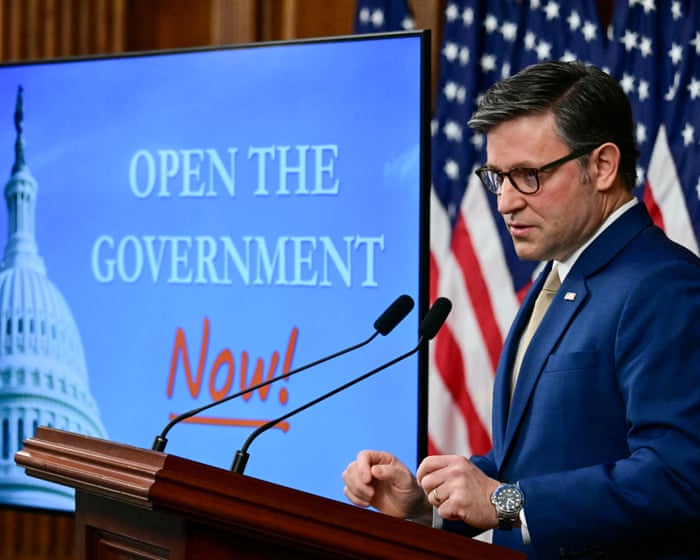‘Tariffs are taxes’: US supreme court hears challenge to Trump levies as justices appear doubtful of White House reasoning – live
Both conservative and liberal US supreme court justices have voiced skepticism over the Trump administration’s justification for tariffs
Here’s a look at some of the pictures from New York, as Zohran Mamdani was elected the next mayor of the city.
In a short while, we’ll hear from Donald Trump when he hosts a breakfast with Republican senators at the White House. As we noted earlier, the president had choice words about Mamdani’s victory in New York, and other Democratic wins across the country – including the gubernatorial races in Virginia and New Jersey.
Continue reading...
© Photograph: Aaron Schwartz/EPA

© Photograph: Aaron Schwartz/EPA

© Photograph: Aaron Schwartz/EPA


